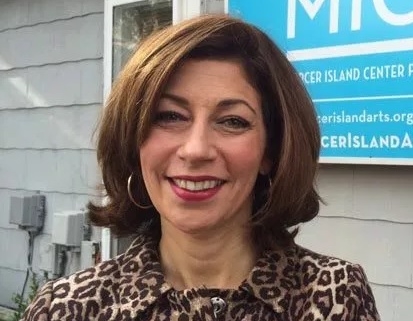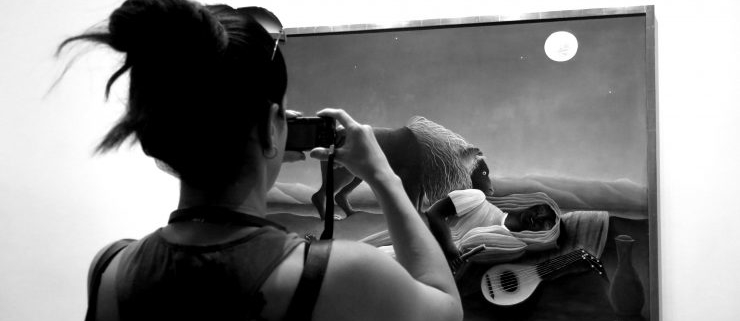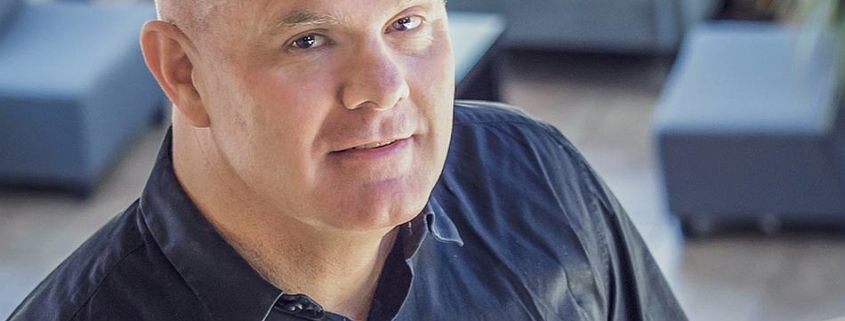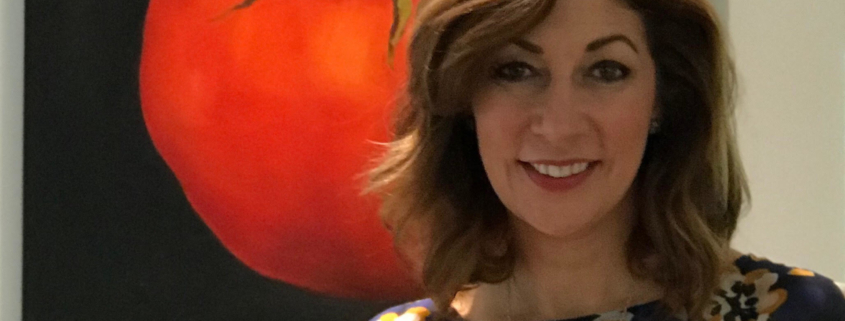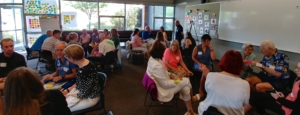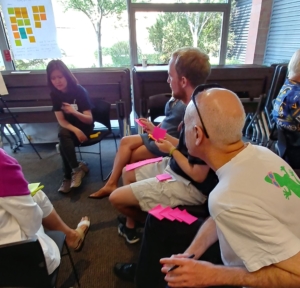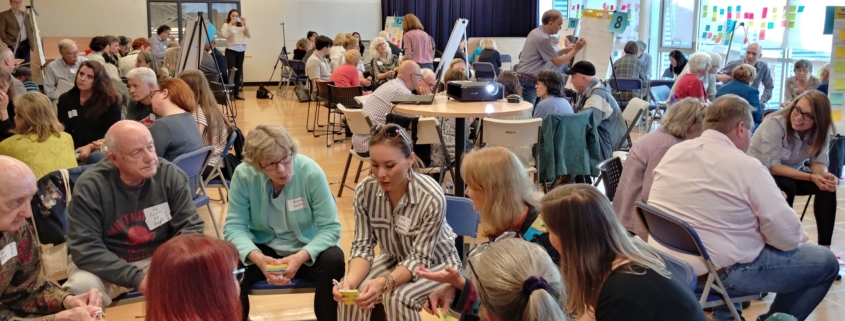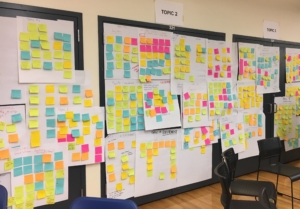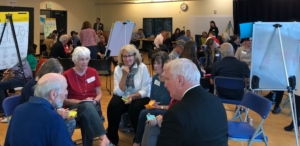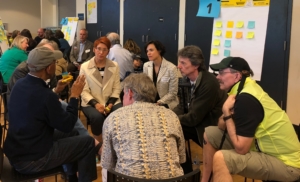On Sept 17th, MICA made a presentation about the future of arts and culture on MI to the City Council: where MICA is today and what we are doing to help build the future for our community. I was, once again, struck by the community’s support of this project. We were met by a full house of Islanders. And, I’m proud to say that we conveyed their voice as we heard throughout the summer during our Visioning Dialogue. That evening we also reiterated our intention to be a key part of the City’s proposed mixed-use development at the Tully’s site.
When I drove home that night, I thought to myself, how many folks don’t know MICA’s desire to be part of that mixed-use development? If you’re an MI Citizen that doesn’t closely follow MICA you may be wondering, how we got from the previous site and plan in 2016-17 to today?
I’d like to give you some background information and bring you up to speed. Here are the key takeaways to understand the trajectory of MICA:
- Last fall, the City asked MICA to take a pause. We agreed and began to evaluate our options and decided to look for a new site.
- On January 26, the City and MICA wrote a letter which reaffirmed our mutual commitment to arts & culture and the importance of creating a home for YTN and MICA. We also began planning a community listening dialogue.
- In the Spring of 2018, the Tully’s site became an available option.
- During the months of May – August 2018 we listened to over 200 Islanders in person, nearly 1,000 online, and worked hard to reach a cross-section of Islanders – this is what we heard:
Overall, what we heard is that 72% of MI citizens want a new central space for the arts; 71% want YTN to have a new home. That’s about as emphatic as it gets. In addition, over 600 people have signed our Statement of Support (please sign if you haven’t already).
In June, the Tully’s site was purchased by the city to build parking for the community. They issued a Request for Qualifications (RFQ) to developers for a mixed-use partnership. Several developers responded and on October 5th those RFQ’s were submitted to the city. MICA is fortunate in that the City has weighted their decision to make arts a priority when choosing that developer. That means a developer that includes the arts in their proposal will receive more consideration than one that does not.
Stay tuned, as over the next few months the City will select the developer they feel will make the best partner for the City of Mercer Island. And, with fingers crossed, that will include MICA. This is a once-in-a-generation opportunity for Mercer Island, we cannot let this pass us by, it may not come around again for a long time.
Mercer Island Center for the Arts at Tully’s can be a Central convening space for arts performances, education and collaboration among residents of all ages; a significant economic stimulus to the vitality of our town center and local businesses; a permanent, lasting home for YTN; a source of new pride for the island’s residents’ in the place we call home; and a great way to leverage the Sound Transit opportunity to the fullest and provide a beautiful gateway into MI.
We need to continue to let the City and Council know the community supports MICA at Tully’s. There is much you can do to make your voice heard: send an email, write a letter, attend council meetings, make a public comment, tell your friends, share the Statement of Support, and submit a Letter to the Editor to the Mercer Island Reporter. We encourage to wave your MICA flag!
We believe the time is now, the site is Tully’s, and Mercer Island is the community ready to make this dream a reality!
Paul Shoemaker
Executive Director

